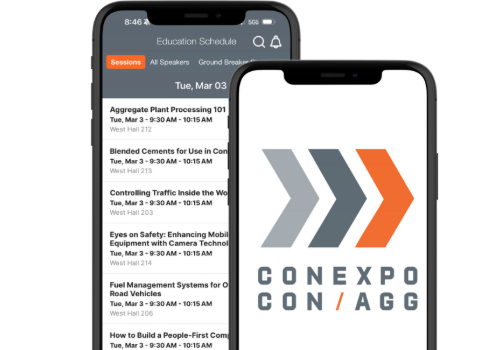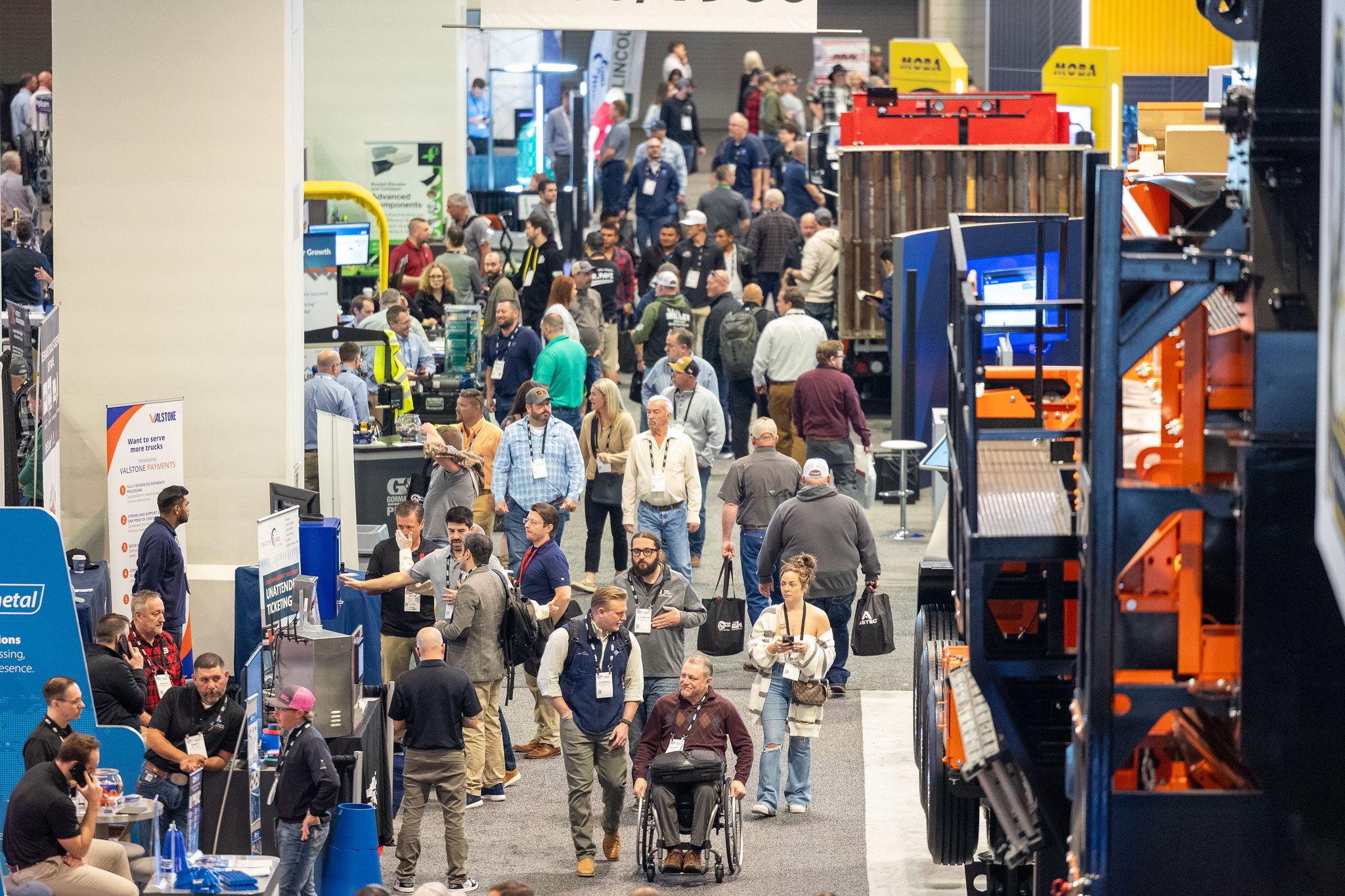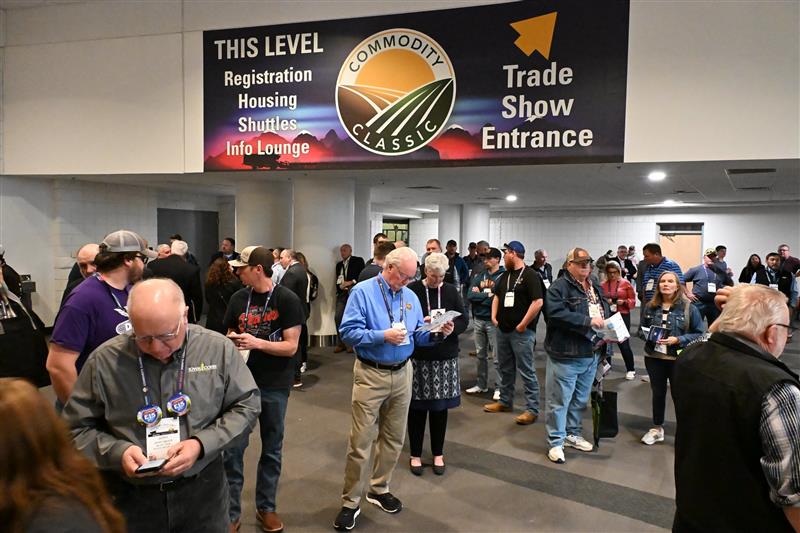A trio of member-driven guidance documents to help promote the agreed-upon use of common language when representing the non-road equipment industry and discussing the topics of autonomy, cybersecurity, and data were issued by AEM this week.
The guidance documents, which are available to view and download on AEM.org, were released in conjunction with AEM’s Celebration of Construction on the National Mall in Washington, D.C. They serve as consensus resources for association staff, members, and industry peers to drive conversations and communications related to autonomy, cybersecurity, and data.
“When it comes to aligning our members and our industry on ever-evolving issues and topics of importance, words matter,” said AEM Senior Vice President Curt Blades. “It’s why we leveraged the collective knowledge expertise of our membership to develop these guidance documents. Autonomy, cybersecurity, and data impact our industry and our world in so many ways, and AEM is committed to helping ensure conversations and communications surrounding these topics are conveyed clearly, consistently, and accurately.”
The three guidance documents were the direct result of months of collaboration between AEM member company representatives serving on the association’s Ag and CE Technology Leadership Groups. While they are not intended to be comprehensive or all-encompassing viewpoints on autonomy, cybersecurity, and data, the documents do contain both industry use cases and everyday examples. Ultimately, they help guide information sharing inside and outside of the industry, with lawmakers and regulators, with customers and equipment end users, and with the general public regarding:
- The implementation of autonomy in the non-road equipment industry
- The levels of cybersecurity for machine data today
- How data moves among different layers
Non-road equipment is designed to execute specific functions relative to its intended applications and tasks in non-road environments in agriculture and construction. Construction worksites, farm fields, dairies and feedlots, areas of animal husbandry, etc., are dynamic environments defined by fences or other boundaries with some level of restriction for access or entry. These do not apply to on-road operation of non-road equipment.
AEM’s three guidance documents can be found below:
Levels of Autonomy for Non-Road Equipment
Cybersecurity for Machine Data for Non-Road Equipment
Data Layers for Non-Road Equipment
For more information, visit AEM.org/Insights.





